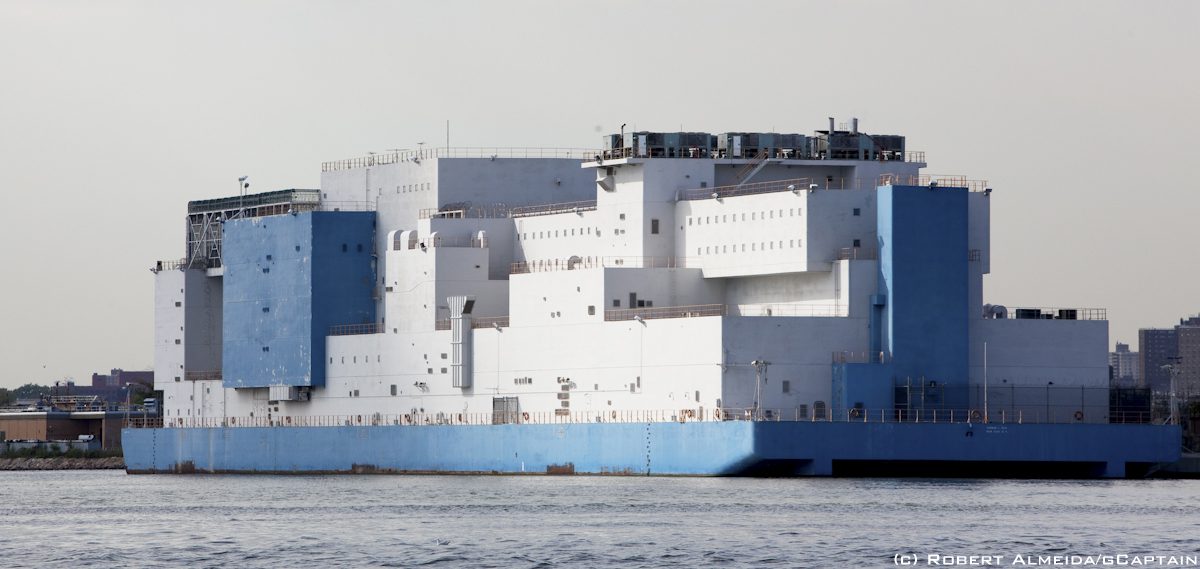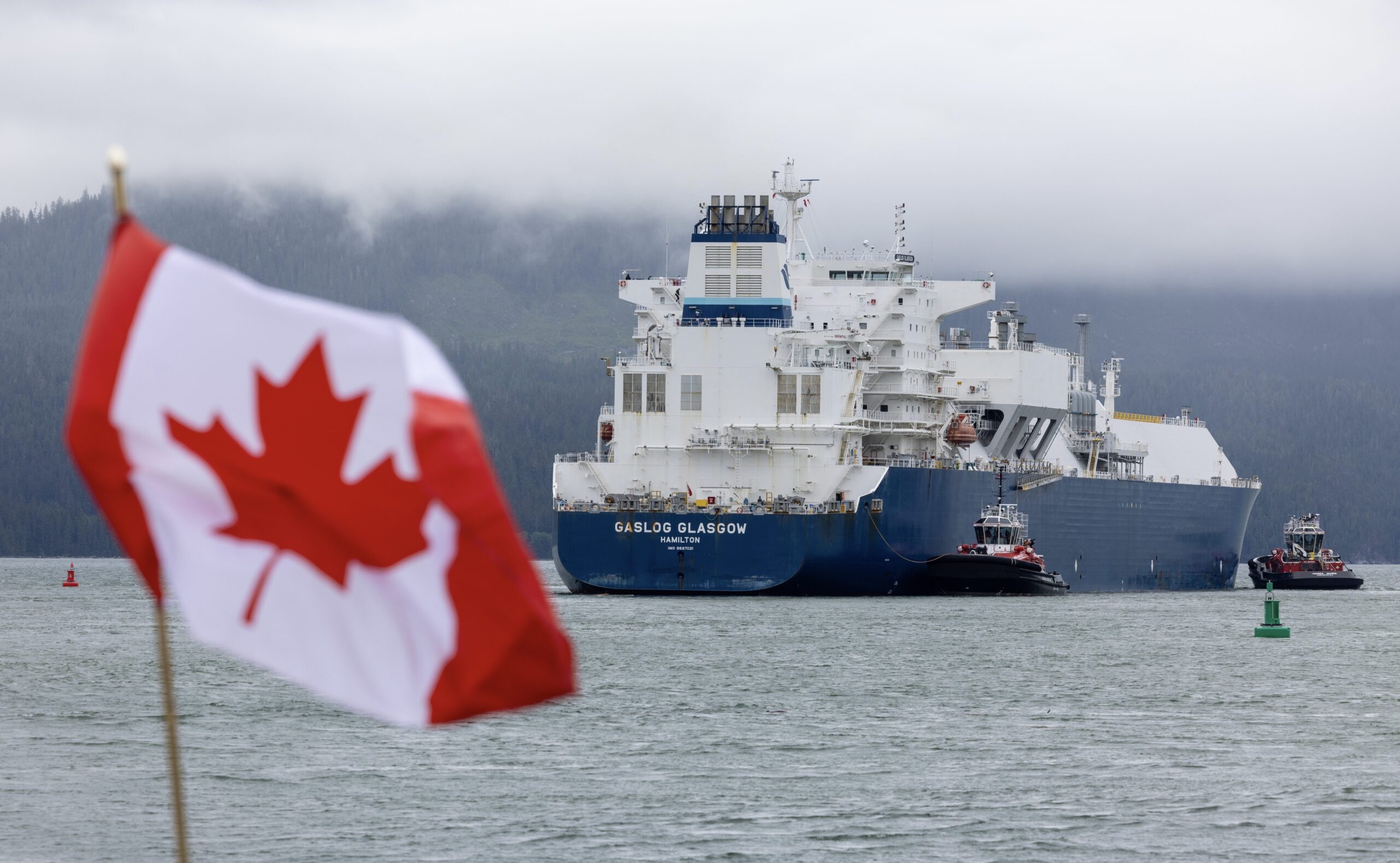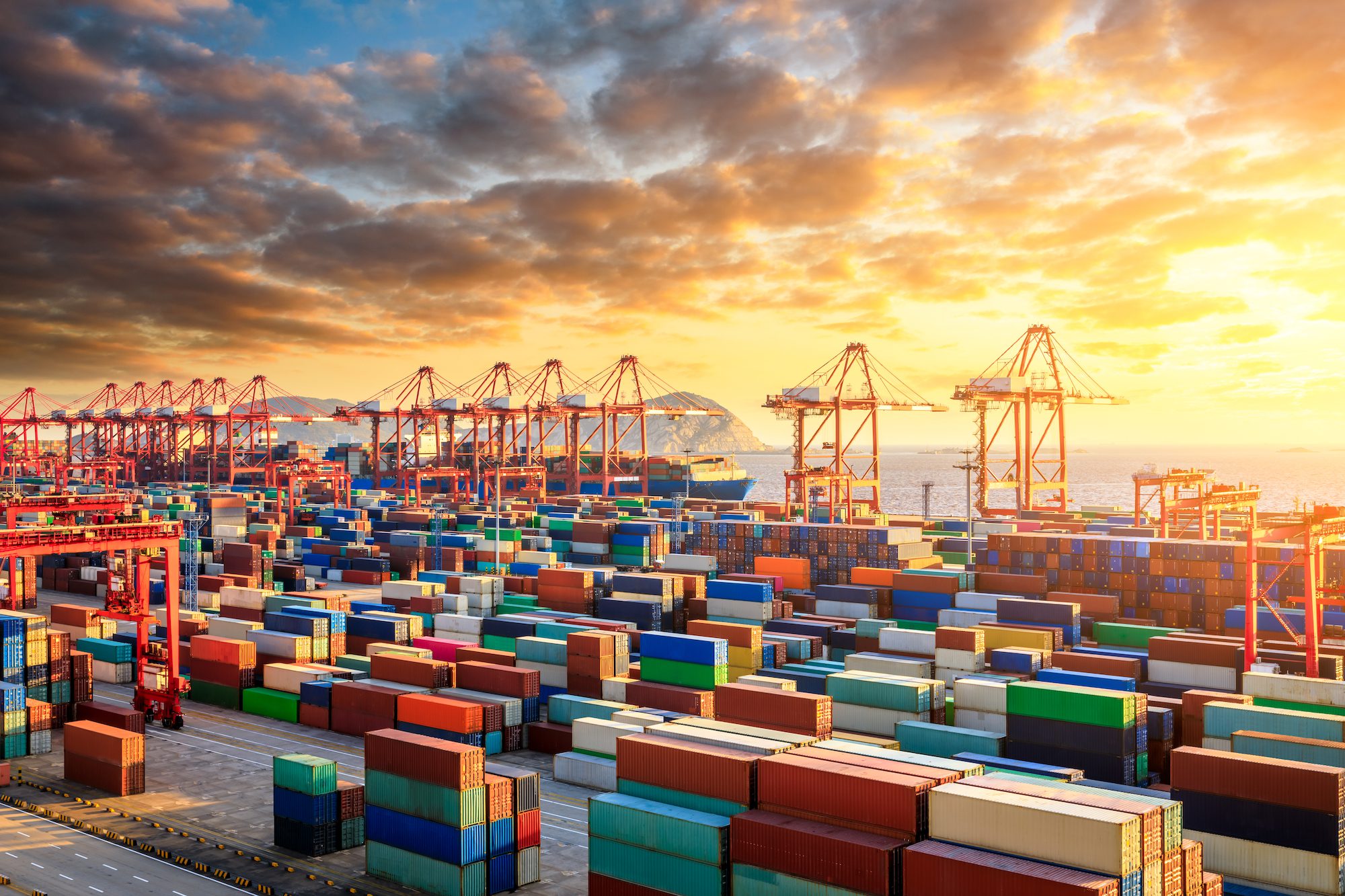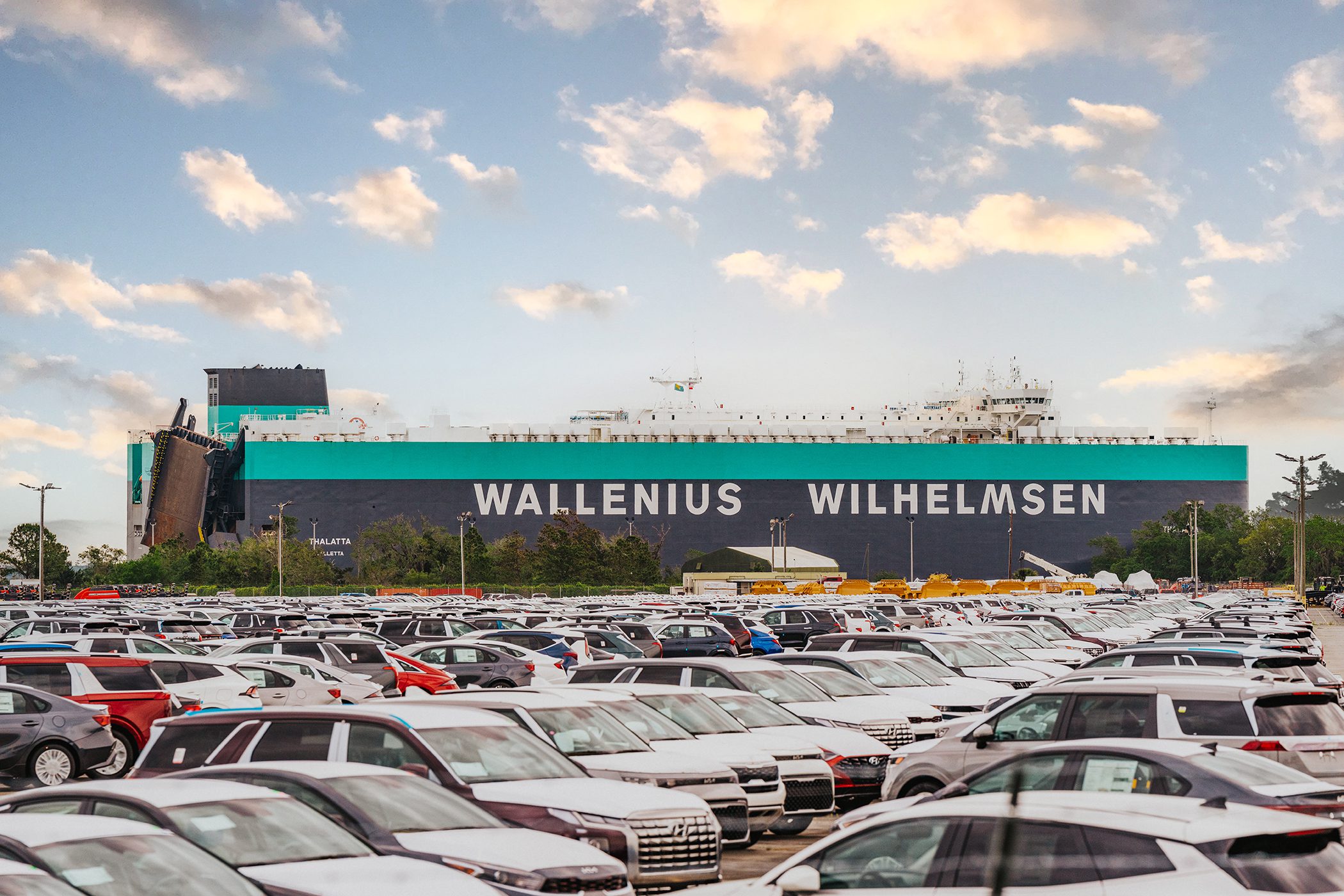(Bloomberg) –With Ecuador now under siege by organized crime gangs headquartered in violent prisons, presidential candidate Daniel Noboa is suggesting a centuries-old fix: Move the worst offenders into floating jails.
To “fully isolate” the most violent offenders who have imposed a reign of terror, Noboa wants “a transitional system of prison barges,” he said this month during a debate. Campaigns are now over and Ecuadorians are preparing to vote Sunday, with insecurity ranking as the most important issue.
The prison ships would be guarded by Ecuador’s navy within territorial waters to keep incommunicado dangerous criminals, ending their ability to order murders, kidnapping and extortion from their cells, according to a document provided by the Noboa campaign. The plan is aimed at about one sixth of the incarcerated population.
A spiraling homicide rate that’s overtaken that of Colombia and Mexico to top 25 people per 100,000 as of 2022 has shaken the Andean nation, making crime the number one domestic issue. The violence rocked the presidential campaign, with candidate Fernando Villavicencio gunned down in August while leaving a rally in Quito. Seven suspects in the assassination were found dead in jail last week.
Much of the crime wave springs from the use of jails as headquarters by drug lords amid scant government control, according to a retired national police general. “Gangs basically manage operations from there, especially domestic drug trafficking,” Juan Carlos Barragan said.
This has worsened problems that have plagued the prison system for decades, he added. Violence in Ecuador’s jails has left more than 400 people dead since 2020.
Security Crackdown
Noboa wants to use the barges as part of a broader security crackdown. His strategy includes a new centralized intelligence service, militarization of major roads and ports, outfitting police with modern equipment and using drones to monitor Ecuador’s porous borders with Colombia and Peru — sources of the cocaine flooding the country en route to the coast for export to the US and Europe.
The British used floating jails, known as prison hulks, in the 18th and 19th centuries. More recently, the HMP Weare was berthed off the UK’s southern coast and decommissioned in 2006. In the US, the 800-bed Vernon C. Bain Correctional Center — a five-story barge that’s part of the Rikers Island prison facility in New York — is anchored off the Bronx and scheduled to close this year.
Other candidates in Ecuador also floated plans for new jails. Villavicencio pledged to build a high-security facility in a remote Amazon jungle area.
Noboa’s rival, Luisa Gonzalez, said she’d move the prison complex that’s home to the worst violence from the periphery of Guayaquil, a tropical port city of 3 million, to a rural location. She’s also proposing to invest heavily in more equipment for law enforcement, and to reorganize the security system so that police and the military can better respond to prison uprisings.
Mud Avalanches
During the decade Gonzalez’s political mentor, Rafael Correa, was in power, Ecuador built a major new jail on the outskirts of the central Andean city of Latacunga. Its location, however, is at risk of destruction from lahars — mud avalanches — if the nearby, glacier-capped Cotopaxi volcano has a major eruption.
Guillermo Lasso, the current president, reopened a Guayaquil jail known as La Roca, or the Rock, to house prisoners accused of instigating violent riots. The facility had to close after police carried out a controlled detonation of a large explosive-laden drone on its roof last month, causing extensive damage.
Noboa’s barge plan risks adding to this track record of failure, according to Barragan. “We don’t know if this is part of a plan or just an idea that occurred to him,” the former police general said. Practical issues include logistics and ensuring human rights aren’t violated, including the right of prisoners to receive visitors.
The Noboa campaign didn’t provide any additional information on the plan and declined requests for interviews with him or his advisers on the topic.
While drug lords need to be closely controlled to sever their ability to run their gangs, human-rights advocates fear that putting them aboard ships could provoke deadly power struggles within their organizations.
Noboa’s idea “is a figment of the imagination and would be a step in the wrong direction ill-suited to Ecuador,” said Billy Navarrete, head of the Guayaquil-based Permanent Committee for the Defense of Human Rights. “There’s no guarantee a measure like this could change the jail system’s situation.”
© 2023 Bloomberg L.P.

 Join The Club
Join The Club











